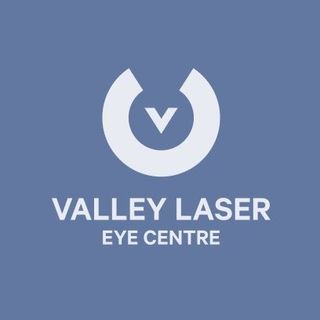Disclaimer: This blog post does not replace medical advice and should not be implemented prior to consulting a fully certified medical professional.
Despite the abundance of scientific evidence, most people simply believe in common old wives’ tales just because it’s easier. Having to grow up hearing these statements and believing them true today is easier than unlearning them, but bear in mind that doing so can lead to serious consequences. A common story is about the action of crossing your eyes. If you do so and another person hits you on the back of your head, your eyes remain crossed for the rest of your life.
While it isn’t true, such myths remain rampant in our society today, thereby making proper eye care difficult to pursue. Oftentimes, these tales can actually harm recovery—people still believe, for instance, that wearing eyeglasses every day will make an individual become dependent on the contraption. In truth, eyeglasses do not change the health of your eyes, but simply help your vision clear.
To learn more about the truth surrounding proper eye health, we’ve gathered the most rampant of myths about your eyes, in an effort to finally dispel misconceptions:
Myth #1: Sitting too close to the TV will hurt your eyes
This myth dates back to the golden age of television, where the new equipment TV sets were made to emit low levels of radiation. Too much exposure to it risks the user eye problems, but as technology progressed, so did television designs. Television sets today no longer emit the detrimental radiation, making it safe to watch your favourite shows for hours. While your eyesight will remain intact, however, bear in mind that too much television can still affect other areas of your life.
Myth 2: Eating carrots can greatly improve your eyesight
Vitamin A is known to promote healthy eyesight, and your body can naturally synthesize Vitamin A through the compound called beta-carotene. Carrots contain a significant amount of beta-carotene and therefore have a reputation for improving your eyesight. There is some truth to this myth, as the lack of Vitamin A can cause eye problems and even total blindness.
While vitamin A is important in strengthening the cornea and promoting normal vision, it doesn’t improve it or fix eye problems. Furthermore, the body only can absorb a sufficient amount of Vitamin A and get rid of any excess. No matter how much carrots you eat, it will not be a substitute for proper treatment of eye problems.
Myth 3: Learning disabilities are caused by eye problems.

Learning disabilities, such as dyslexia or dysgraphia, are caused by a difference in the brain processes involved in reading and processing letters or numbers. While they may appear as disabilities in processing visual information, they are not caused by visual problems. Visual problems, however, can also impair learning. In determining whether a child has difficulties in learning due to visual impairments or learning disabilities, it’s important to consult professionals and let them provide a full examination of the child.
Enlisting the Help of the Best Eye Centre
Your eyesight is part of the most non-negotiable senses of your body, so it’s only natural that you feel protective over it. While believing in old myths and tales may seem harmless, relying on too much on these statements may prevent you from receiving the proper eye care that you need. That said, keep these myths in mind—and see a professional when you need it!
For the best ophthalmologist in Abbotsford, Valley Laser Eye Centre is the place to go. We are a vision corrector centre, offering our patients state-of-the-art technology, competent staff, and an amazing patient environment. We’ ’re here to serve you in the best possible way—book a consultation today.





